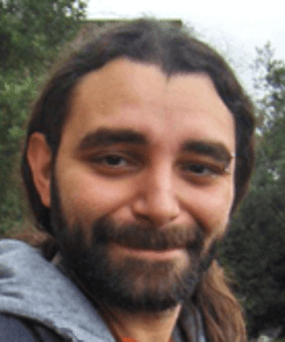- Homepage
- Programme
- Registration
- Practical Guide
- About Neuronus

Neurocentre Magendie, Bordeaux, France

Cannabinoid drugs (e.g. the active principle of the plant cannabis, D9-tetrahydrocannabinol, THC) exert several effects on the brain via the activation of the G protein-coupled type-1 cannabinoid receptors (CB1). On the other hand, CB1 receptors are part of a physiological system (the endocannabinoid system, or ECS), through which the particular endogenous signaling molecules (the endocannabinoids) control a plethora of brain functions. The effects of exogenous cannabinoids and the physiological roles of the ECS are only partially overlapping. This is likely due to the fact that the ECS has patterns of activation that are extremely regulated in time and space, features that are obviously overcome by massive stimulation of CB1 receptors by exogenous drugs. Dissecting the impact of CB1 receptors expressed in different brain regions, cell types or subcellular locations represent for our team a "bottom-up" approach to try addressing basic principles of brain functions. Thus, among others, CB1 receptors helped us studying in recent years the balance between neuronal excitation and inhibition in specific behaviors, the impact of astroglial signaling in memory, the role of hippocampal inhibitory transmission in the regulation of incidental associations, or the importance of bioenergetic processes in brain cellular and behavioral processes. In this lecture, I will present an excursus of our studies on the mechanisms of action of CB1 receptors in the brain, with special focus on how this approach can contribute to exploring basic principles of brain functioning.